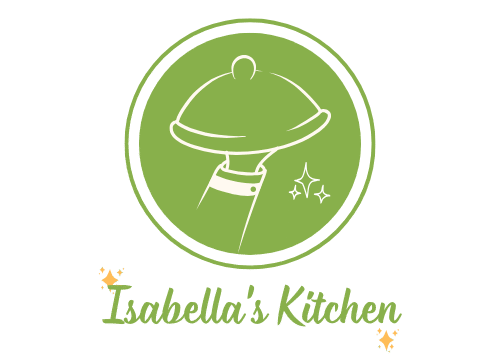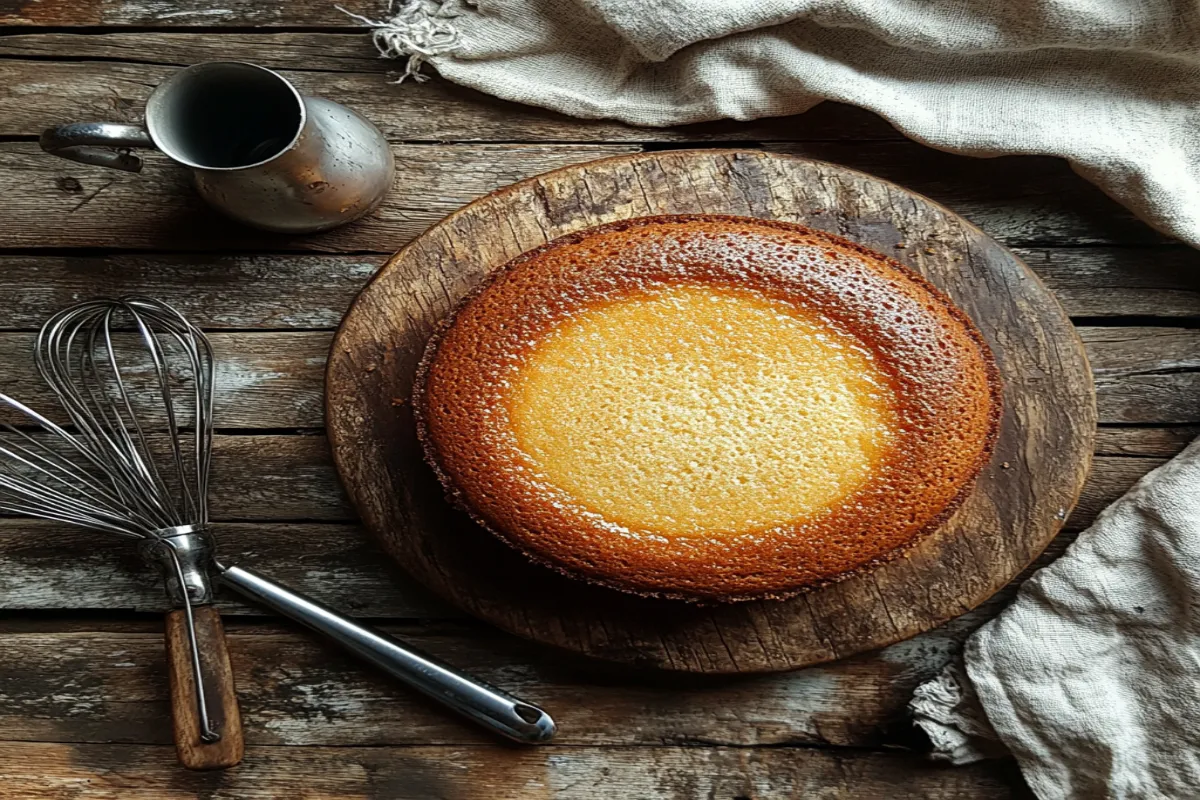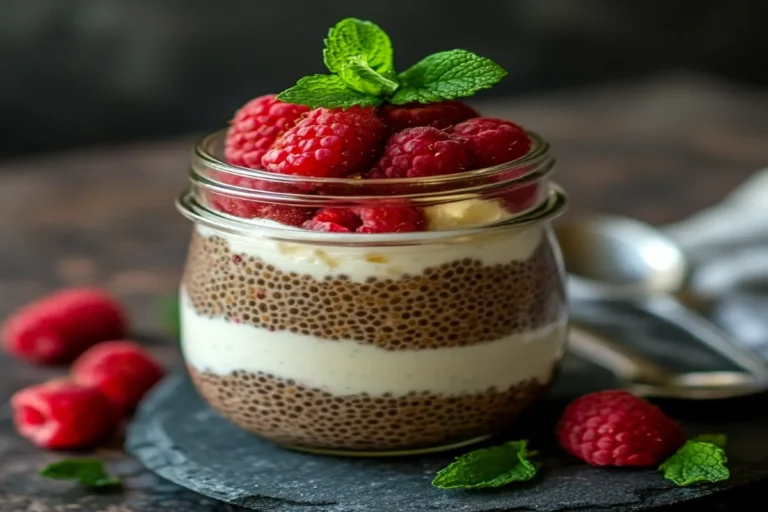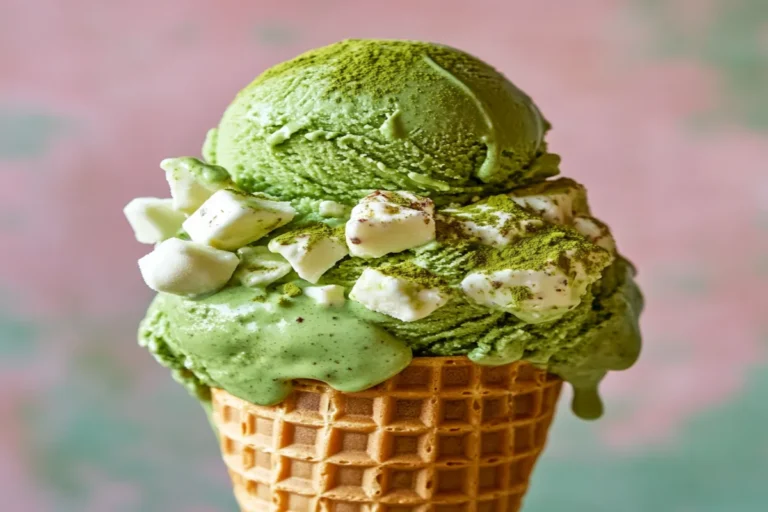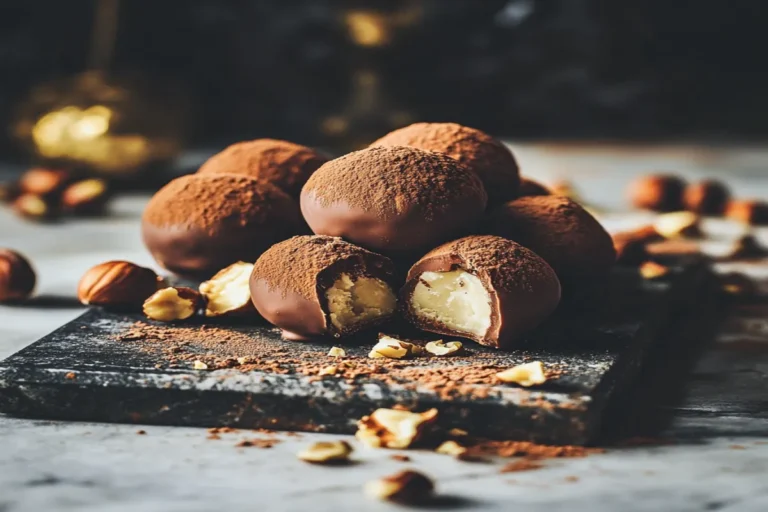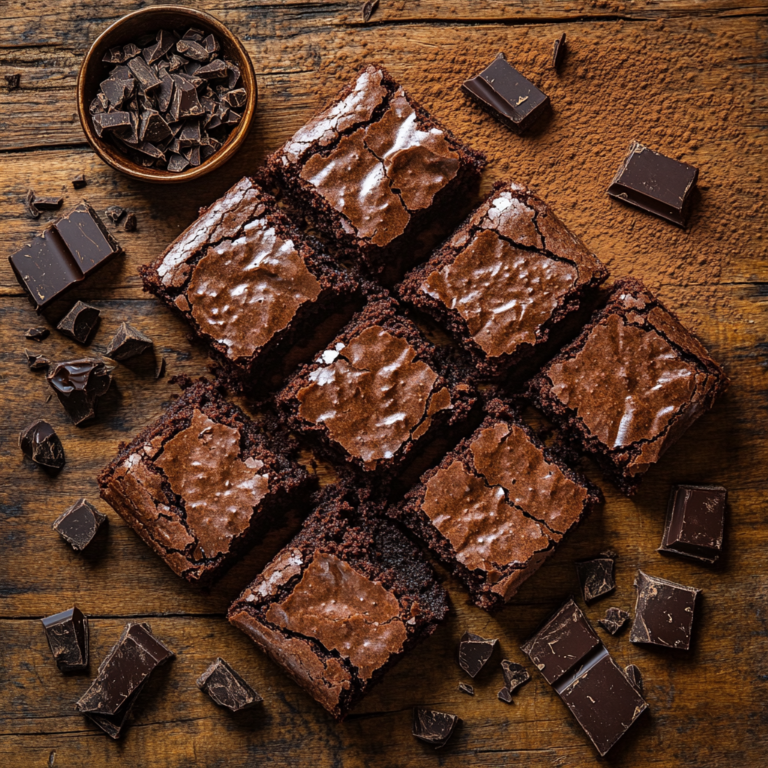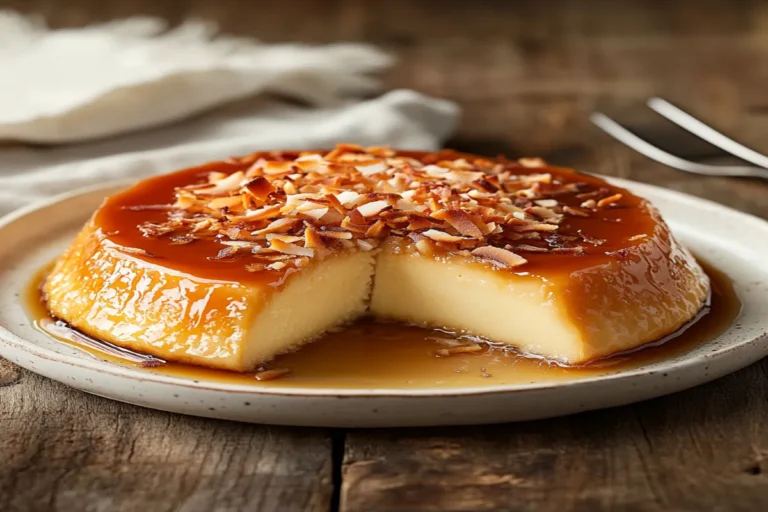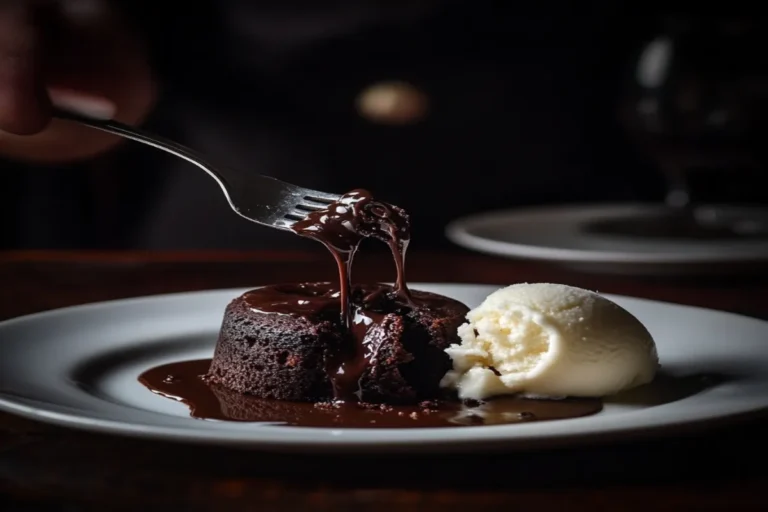Simple Cake Recipe for Beginners: 3 Easy Bakes to Try
Are you ready to bake your very first cake but feel overwhelmed by the steps, tools, or fancy ingredients? You’re not alone—and you’re in the right place.
This guide features everything you need to succeed with a simple cake recipe for beginners. From one-bowl chocolate cakes to moist vanilla sponge made with only three ingredients, these recipes are easy to follow, budget-friendly, and practically fail-proof. No stand mixer, no pastry school diploma—just real, delicious cake.
You’ll also learn:
- The tools and ingredients you truly need (nothing extra!)
- Easy cake troubleshooting tips
- Delicious frosting hacks even beginners can master
- Internal and external resources to boost your baking confidence
🧁 Want more creative but easy dessert ideas? Try our Strawberry Shortcake Delight—it’s perfect for spring and doesn’t require any fancy tools.
Table of Contents
Why Start with a Simple Cake Recipe for Beginners?
If you’re just getting into baking, mastering a basic cake recipe is the perfect starting point. Not only does it teach you essential skills like mixing, measuring, and oven timing, but it also builds your confidence in the kitchen.
The Importance of Mastering Baking Basics
Think of a simple cake as the foundation of all desserts. Once you know how to bake a light vanilla sponge or a moist chocolate cake, you can:
- Create variations by adding spices, fruits, or flavors
- Practice decorating and frosting with less pressure
- Bake confidently without relying on boxed mixes
🎂 According to BBC Good Food’s beginner baking guide, mastering just one cake recipe helps new bakers build technique, learn from mistakes, and save money on bakery runs.
What Makes a Cake “Beginner-Friendly”?
Beginner-friendly cake recipes are:
- Simple – Few steps and easy-to-find ingredients
- Flexible – Forgiving ratios that allow swaps
- One-bowl or minimal cleanup – Because no one wants a mountain of dishes
In this guide, we’ll avoid recipes that require:
- Sifting multiple flours
- Fancy equipment (like stand mixers or piping bags)
- Temperamental techniques (like folding or water baths)
Must-Have Baking Tools and Ingredients for First-Timers
If you’re new to baking, you might assume you need a stand mixer, dozens of pans, and a pantry full of specialty items. Not true. In fact, some of the best simple cake recipes for beginners require nothing more than a bowl, a whisk, and a few humble ingredients.
Let’s break down the essentials so you can start baking with confidence (and minimal clutter).
Basic Kitchen Tools You Really Need (No Stand Mixer Required)
You can make 90% of beginner cakes with just these tools:
| Tool | Why You Need It | Budget Alternative |
|---|---|---|
| Mixing bowls (1–2) | For wet and dry ingredients | Any large kitchen bowl |
| Whisk or wooden spoon | For mixing batter | Fork or spatula |
| Measuring cups & spoons | Accuracy matters | Eyeballing is risky! |
| 8-inch round or loaf pan | Most simple cakes use these | Any oven-safe baking dish |
| Cooling rack | Prevents soggy bottoms after baking | A clean stovetop grate |
📘 Want to go deeper? King Arthur Baking has a fantastic breakdown of 12 tools every beginner baker can own for under $50.
Affordable Ingredients You Probably Already Have
You don’t need almond flour, coconut sugar, or matcha powder to make a great cake. Here’s your baking starter pack:
- All-purpose flour – Most forgiving and inexpensive
- Eggs – Bind and leaven
- Sugar – White granulated is the standard
- Butter or oil – Moisture and richness
- Baking powder – Your rise agent
- Milk or yogurt – Adds tenderness
- Vanilla extract – Boosts flavor
Pro Tip: Always bring eggs and dairy to room temperature for best results. This helps batter mix evenly and rise properly.
🥄 Sally’s Baking Addiction explains how to properly measure flour (without a scale!) to avoid dense or dry cakes—a must-read for beginners.
3-Ingredient Vanilla Cake – The Easiest Start
If you’ve never baked a cake before, this 3-ingredient vanilla cake is your golden ticket. No electric mixer, no fancy flour, no stress. Just three pantry staples, one bowl, and an oven.
It’s a delicious and reliable simple cake recipe for beginners, perfect for birthdays, tea time, or an easy dessert anytime.
Ingredients (Makes 1 Small Round Cake)
- 1 cup self-rising flour
- 1 cup sugar
- 1 cup Greek yogurt (plain or vanilla)
That’s it!
Why This Works
- Self-rising flour already has baking powder and salt mixed in.
- Greek yogurt adds moisture and structure (you won’t miss eggs!).
- Sugar gives the cake its sweetness and a beautiful golden top.
🧁 Don’t have self-rising flour? You can make it:
Mix 1 cup all-purpose flour + 1½ tsp baking powder + ¼ tsp salt
Step-by-Step Instructions
- Preheat oven to 350°F (175°C).
- Grease an 8-inch round cake pan or line it with parchment.
- In a mixing bowl, whisk together all ingredients until smooth.
- Pour into the pan and smooth the top.
- Bake for 30–35 minutes, or until a toothpick comes out clean.
- Let cool before slicing.
🧁 Serving Tip: Dust with powdered sugar or add fresh fruit. No frosting needed!
Flavor Variations (Optional, But Fun)
- Add 1 tsp vanilla extract or almond essence
- Fold in chocolate chips or chopped berries
- Use lemon-flavored yogurt for a citrus twist
- Top with a dollop of whipped cream or jam
📌 External tip: Tasty’s beginner cake hacks offer simple ways to flavor, frost, and fix your first cake like a pro.
🔗 Looking for a more advanced version? Our Lemon Poppy Seed Yogurt Cake builds on this base with a few extra ingredients and a bright flavor profile.
One-Bowl Chocolate Cake – Beginner’s Favorite
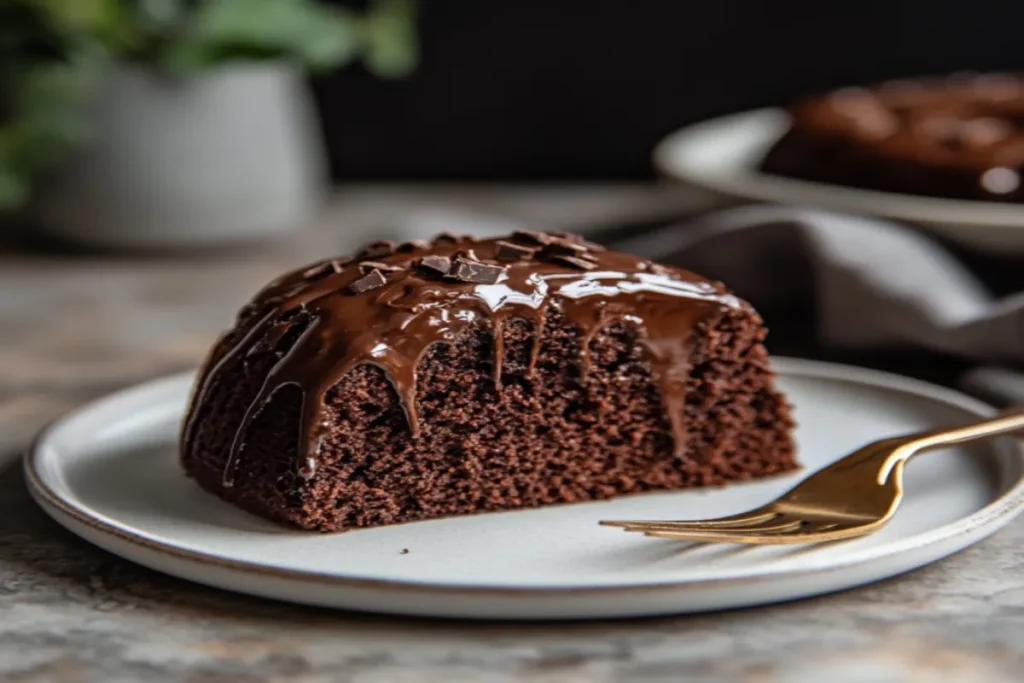
Every baker—beginner or pro—needs a go-to chocolate cake. This one is moist, rich, deeply chocolatey, and requires just one bowl and zero fancy techniques. If the vanilla cake was your warm-up, this is your confidence booster.
This simple cake recipe for beginners uses common ingredients and gives bakery-level results with barely any effort.
Ingredients (Makes 1 8-inch round cake)
- 1 cup all-purpose flour
- 1 cup sugar
- ½ cup unsweetened cocoa powder
- 1 tsp baking soda
- ½ tsp salt
- 1 cup warm water
- ⅓ cup vegetable oil
- 1 tbsp vinegar
- 1 tsp vanilla extract
This is a classic “Wacky Cake”, invented during wartime when eggs and milk were scarce—perfect for budget-friendly and dairy-free baking.
Simple Mixing Steps (All in One Bowl)
- Preheat oven to 350°F (175°C).
- Grease or line your cake pan.
- In a large bowl, whisk together the dry ingredients (flour, sugar, cocoa, baking soda, salt).
- Add wet ingredients (water, oil, vinegar, vanilla) and stir until smooth.
- Pour into the pan and bake for 30–35 minutes, or until the top springs back.
Why Vinegar in Cake?
Don’t worry—it doesn’t taste like salad dressing. The vinegar reacts with the baking soda to create bubbles, making your cake light, fluffy, and egg-free.
🎯 For first-timers, Allrecipes shares user-tested versions of this cake with over 4,000 reviews.
Beginner Tips for Chocolate Cake Success
- Sift cocoa powder if lumpy—this ensures even mixing
- Don’t overbake—this cake can dry out quickly
- Use foil to cover the top if it’s browning too fast
- Serve plain, dusted with powdered sugar, or with a quick glaze
📌 Want something even richer? Try our White Chocolate Raspberry Lava Cake for a decadent twist (intermediate level).
Yogurt Fruit Cake – Moist, Light, and Beginner-Proof
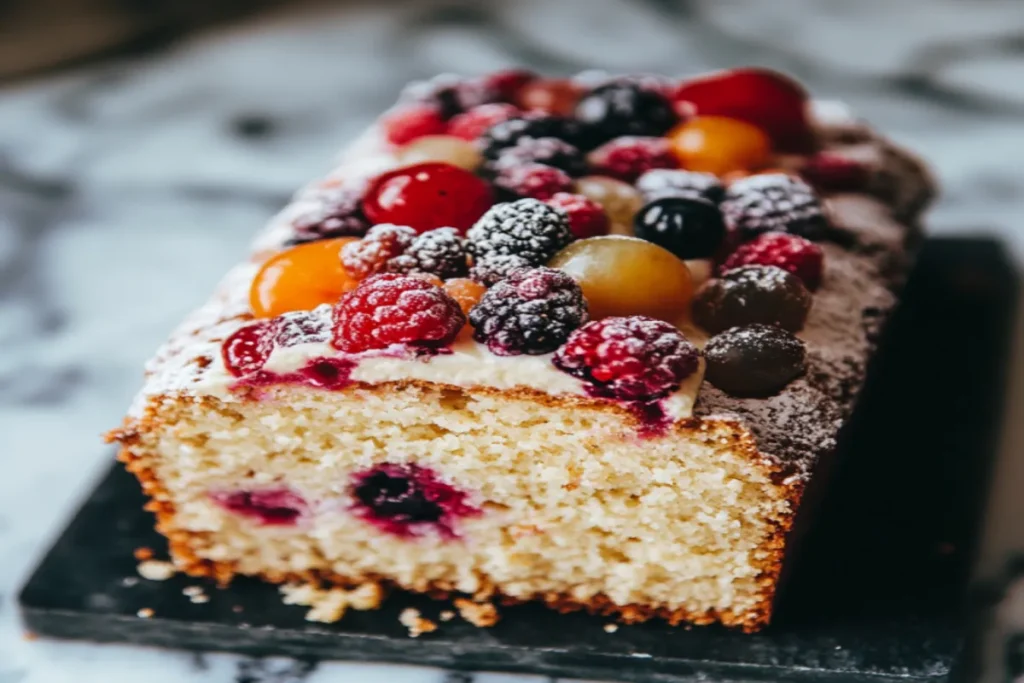
If you’re looking for a cake that’s moist, not overly sweet, and flexible enough for whatever fruit you’ve got on hand, this Yogurt Fruit Cake is for you. It’s one of the easiest and most forgiving simple cake recipes for beginners—and a perfect next step after mastering vanilla and chocolate.
No electric mixer needed. Just stir, pour, and bake.
Ingredients (Makes 1 loaf or round cake)
- 1 cup plain yogurt (Greek or regular)
- ½ cup vegetable oil
- ¾ cup sugar
- 2 eggs
- 1 ½ cups all-purpose flour
- 2 tsp baking powder
- ½ tsp salt
- 1 cup chopped fresh or frozen fruit (berries, apples, peaches)
How to Make It
- Preheat oven to 350°F (175°C). Grease or line your pan.
- Whisk yogurt, oil, sugar, and eggs in a bowl.
- Stir in flour, baking powder, and salt until just combined.
- Fold in fruit gently.
- Pour into the pan and bake 35–45 minutes, depending on fruit moisture.
- Cool before slicing.
Fruit Swaps and Add-Ins
- Berries: Blueberries, raspberries, chopped strawberries
- Fall flavors: Grated apples or pears + cinnamon
- Citrus twist: Add lemon or orange zest to the batter
- Tropical: Chopped pineapple or mango + shredded coconut
🧁 According to Taste.com.au, yogurt helps create a tender crumb while adding tang and moisture, especially when paired with fruit.
Top Tips for Success
- Use full-fat yogurt for best texture
- Toss fruit in a little flour before folding in—this keeps it from sinking
- If using frozen fruit, do not thaw first (it can make the batter watery)
🔗 If you want something citrusy and floral, try our Lemon Poppy Seed Yogurt Cake—it’s a close cousin to this base recipe.
How to Make Box Cake Mix Taste Homemade
Sometimes, the easiest way to start baking is to grab a box of cake mix and make it taste like you spent hours in the kitchen. With a few smart upgrades, even a simple boxed mix can turn into a moist, bakery-worthy cake—perfect for beginners who want a guaranteed win.
This section is all about giving that mix some magic.
Start with the Right Box
Choose a quality mix—vanilla, chocolate, or yellow cake are your best bet for customization. Avoid specialty mixes with added fillings or frosting packs, which can complicate baking for first-timers.
Popular brands to look for:
- Betty Crocker Super Moist
- Duncan Hines Classic
- Pillsbury Moist Supreme
Simple Upgrades to Make Box Cake Taste Homemade
| Replace This | With This | Why It Works |
|---|---|---|
| Water | Milk or buttermilk | Adds richness and better texture |
| Oil | Melted butter | Deepens flavor |
| 3 eggs | 4 eggs (or 3 + 1 yolk) | More structure and moistness |
| None | Add 1 tsp vanilla extract | Boosts aroma and flavor complexity |
| None | Add 2 tbsp sour cream | Adds tang and keeps it super moist |
🎂 The Kitchn recommends adding pudding mix to boxed cake for an ultra-soft crumb—just one spoonful makes a big difference.
Add-Ins to Personalize
- Fruit: Fold in chopped strawberries or bananas
- Chocolate: Add mini chips or a swirl of Nutella
- Spices: Cinnamon, pumpkin spice, or cardamom
- Zest: Lemon, orange, or lime for a citrus boost
🧁 Frost with our simple recipes from Part 7 or use whipped cream and fruit for a lighter finish.
When to Skip the Box Entirely
Box mixes are great for consistency, but if you’re ready to explore more flavors and textures, try our fully homemade:
- White Chocolate Raspberry Lava Cake (intermediate)
- Classic Fudgy Brownies (beginner-friendly)
Simple Frosting Options for Beginner Bakers
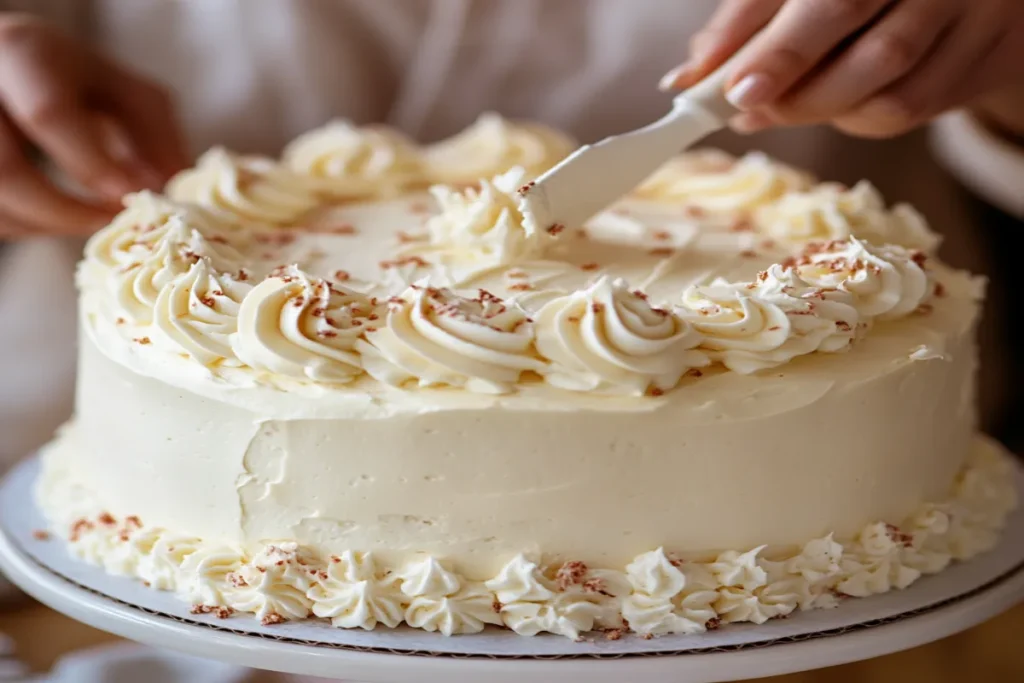
You’ve baked a beautiful cake—now it’s time to top it off with something sweet. But frosting doesn’t have to be fussy. These simple frosting options are easy enough for beginners and taste good enough to skip the store-bought tub.
Whether you want a rich buttercream or a light whipped topping, we’ve got a foolproof version for every style.
1. Classic Vanilla Buttercream (No Mixer Needed)
- 1 cup unsalted butter, softened
- 2–3 cups powdered sugar, sifted
- 2 tbsp milk
- 1 tsp vanilla extract
- Pinch of salt
Instructions:
- Beat softened butter with a whisk or spatula.
- Gradually mix in powdered sugar and vanilla.
- Add milk until you reach your desired consistency.
- Whip until smooth and fluffy.
💡 Don’t skip the salt—it balances the sweetness.
📌 Need visuals? Serious Eats offers tutorials on texture, piping, and even flavor ideas.
2. Whipped Cream Frosting (Light and Fluffy)
Perfect for fruit-based cakes or summertime desserts.
- 1 cup heavy cream
- 2 tbsp powdered sugar
- ½ tsp vanilla extract
Instructions:
- Chill your bowl and whisk.
- Beat cream, sugar, and vanilla until soft peaks form.
- Use immediately or store chilled.
🔁 Best when used the same day—great for topping the Yogurt Fruit Cake.
3. Quick Chocolate Glaze (No Melting Required)
If you want that glossy finish without melting chocolate:
- ½ cup powdered sugar
- 2 tbsp unsweetened cocoa powder
- 2–3 tbsp milk
- ½ tsp vanilla
Mix everything together until smooth. Pour over a cooled cake and let it set.
🎂 Want it richer? Swap in espresso instead of milk for depth.
Beginner Frosting Tips
- Always frost a cooled cake—warm cakes will melt your frosting
- Use an offset spatula or butter knife for smooth layers
- Crumb coat first (thin layer of frosting) to trap loose crumbs
🔗 Want a light frosting to pair with vanilla sponge? Try adding whipped cream or jam as we do in the Strawberry Shortcake Delight.
Most Common Cake Mistakes (and How to Avoid Them)
Even the most “simple cake recipe for beginners” can go sideways if a few details are missed. But don’t worry—we’ve all been there. Whether your cake turns out dry, sunken, or just plain weird, the fix is usually easy once you know what went wrong.
Here’s a handy checklist to help you avoid the most common beginner baking mistakes.
1. Overmixing the Batter
The Mistake: Stirring too long once the flour is added
The Fix: Mix just until combined. Overmixing develops gluten, making the cake tough.
Pro Tip: Use a spatula to fold in ingredients gently.
2. Uneven Baking or a Sunken Center
The Mistake: Opening the oven door too early, or not preheating properly
The Fix: Always preheat your oven and resist peeking for the first 25 minutes. Sudden drops in temp = sunken center.
🧁 Bonus: Taste of Home explains how to test doneness with a toothpick, thermometer, or light touch.
3. Dense, Heavy Cake
The Mistake: Using cold ingredients or expired leaveners
The Fix: Let eggs, milk, and butter come to room temperature before mixing. Always check that your baking powder/soda is fresh.
🔍 How to test baking powder: Drop ½ tsp in warm water—if it bubbles, it’s good!
4. Dry or Crumbly Cake
The Mistake: Overbaking or too much flour
The Fix: Measure flour by spooning it into a cup and leveling it off—don’t scoop! Set a timer and start checking early.
📘 For a deep dive into measuring correctly, King Arthur Baking offers a full flour measuring tutorial with images.
5. Sticky Bottoms or Stuck Pans
The Mistake: Not greasing the pan properly
The Fix: Always grease AND line your pans with parchment paper for safe removal. Let the cake cool for at least 10–15 minutes before turning it out.
Bonus Tip: Fixing Ugly Cakes
Even if your cake cracks, collapses, or looks uneven:
- Frost it with whipped cream
- Cut it into squares and serve as “cake bites”
- Crumble and layer it into a trifle with pudding and fruit
Remember, your first few cakes are about learning, not perfection.
FAQs About Simple Cake Recipes for Beginners
You’ve seen the tools, tried the recipes, and maybe baked your first cake—but questions always pop up. Don’t worry. Here are the answers to some of the most common concerns beginners face when tackling their first bakes.
1. Can I bake a cake without a mixer?
Absolutely. In fact, every cake in this guide is mixer-free. A whisk, fork, or sturdy spoon is more than enough. The key is to avoid overmixing, especially once the flour is added. Stick to simple batters and you’ll do just fine.
2. What’s the easiest type of cake to bake for a beginner?
A vanilla yogurt cake or a one-bowl chocolate cake is often the best starting point. They require basic ingredients, no layering or frosting skills, and still taste amazing. Try the 3-Ingredient Vanilla Cake from Part 3 to start.
3. Can I substitute ingredients if I’m missing something?
Yes, within reason. Here are some safe swaps:
- No butter? Use oil
- No yogurt? Try sour cream or buttermilk
- No self-rising flour? Use all-purpose + baking powder
- No eggs? Use ¼ cup mashed banana or applesauce per egg in simple cakes
📌 Minimalist Baker provides a great visual chart for egg substitutes in baking.
4. How can I make my cake more moist?
Tips for ultra-moist cakes:
- Don’t overbake (use a timer)
- Add yogurt, sour cream, or buttermilk to your batter
- Don’t skimp on oil or fat
- Brush baked cakes with simple syrup for extra moisture before frosting
5. Can I freeze cake?
Yes! Most unfrosted cakes freeze well for up to 2 months.
How to do it:
- Cool cake completely
- Wrap in plastic + foil
- Store in a zip-top bag
- Thaw at room temp before serving or frosting
